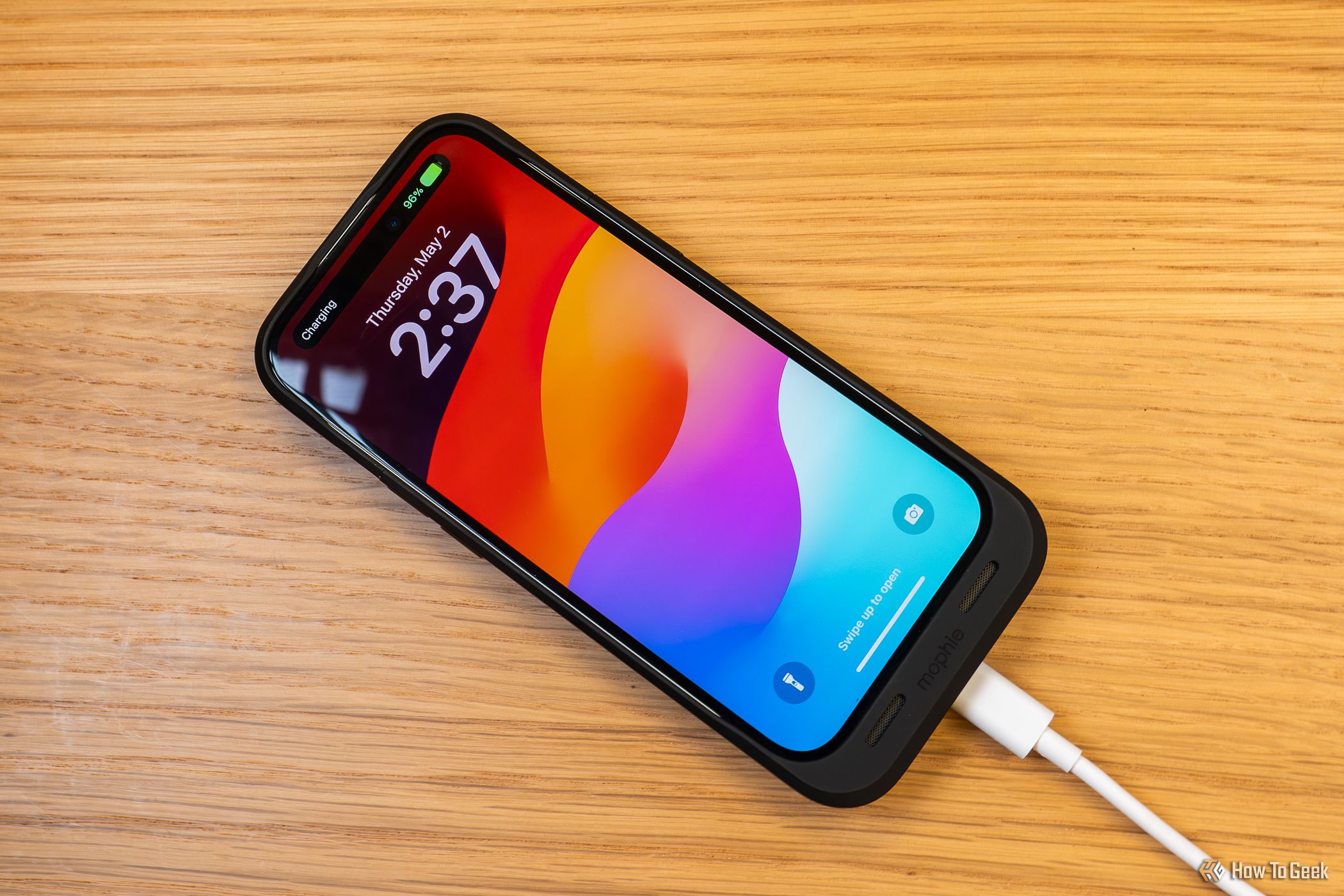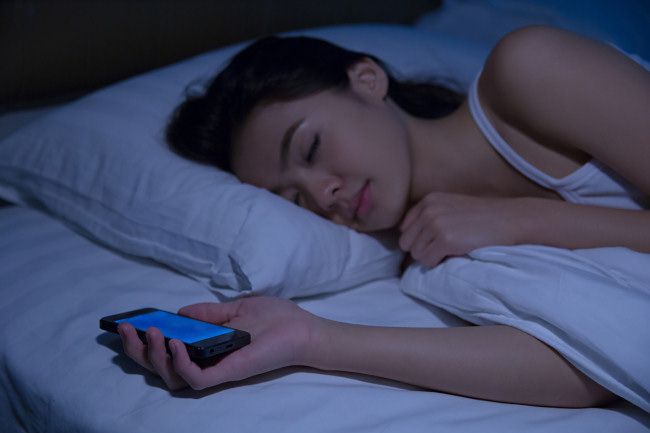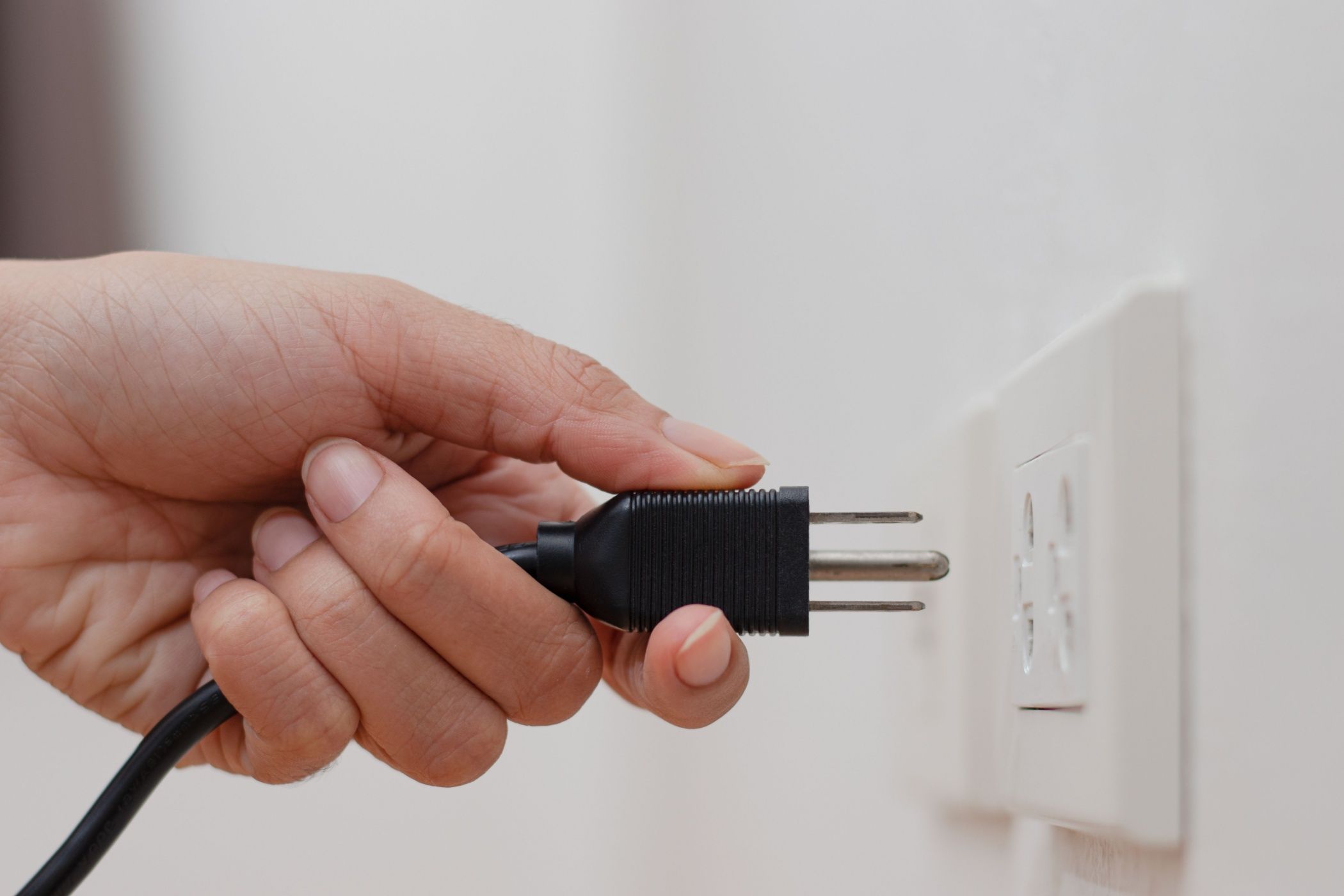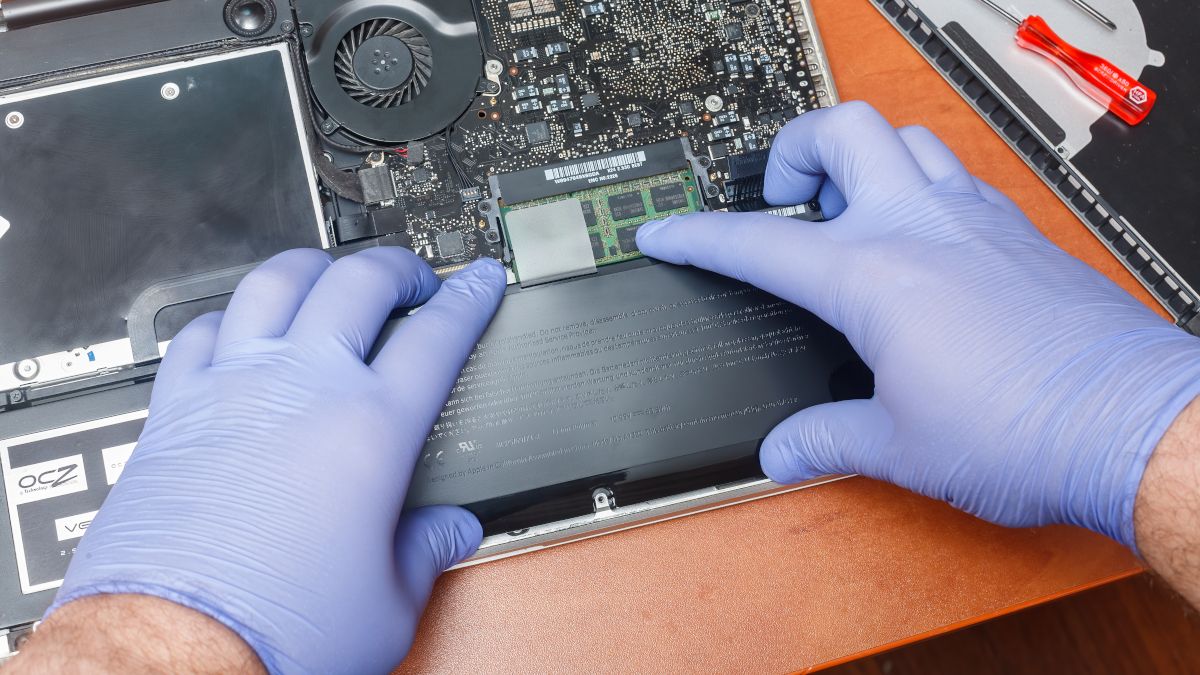Top 7 Frequently Asked Battery FAQs - Answering Your Most Common Queries

Top 7 Frequently Asked Battery FAQs - Answering Your Most Common Queries
Quick Links
- Should I Charge the Battery to 100%?
- Should I Fully Discharge My Battery Before Recharging?
- Is It Safe to Leave My Device Charging Overnight?
- Can I Use a Third-Party Charger to Charge My Device?
- Should I Charge My Phone While It’s Powered On or Off?
- Can I Charge My Phone by Connecting It to a Computer?
- How Can I Tell When It’s Time to Replace My Battery?
Battery technology can be confusing. From questions about whether you should charge your device to its maximum capacity to concerns about leaving it plugged in overnight, we often have many concerns. These are some of the questions people ask me most often and straightforward advice on what to do about them.
1 Should I Charge the Battery to 100%?

Jerome Thomas / How-To Geek
It seems logical to fully charge your device so it lasts longer on a single charge, but it actually does more harm than good if you make a habit out of it. Charging your device to 100% means you’re pushing it to its maximum capacity, which can stress and wear out the battery. Likewise, letting the charge drop below 20% on a daily basis stresses out the other terminal by shuffling all the lithium ions in the other direction.
So, trying to keep your battery in that 20% to 80% sweet spot more often than not, can help prolong its life. You don’t have to be obsessive about it, of course. It’s just something to keep in mind, especially when it comes to overnight charging, where your phone is constantly bumping up against the 100% mark. Many modern phones do, however, have built-in protection against this.
2 Should I Fully Discharge My Battery Before Recharging?
![]()
Lucas Gouveia / How-To Geek | fizkes / Shutterstock
Nickel-cadmium (NiCd) batteries have a so-called “memory effect,” which means they gradually lose their maximum energy capacity if repeatedly recharged after only being partially discharged. So, discharging them completely was actually necessary to prolong battery lifespan.
Nowadays, most devices use lithium-ion batteries, which don’t have this issue. In fact, fully discharging lithium-ion batteries can wear them out more quickly, as mentioned. Even worse, if you store lithium batteries long enough that they discharge below a critical level, the batteries will be permanently damaged. Most manufacturers recommend not letting the charge fall below 20%, so you should put your device on charge before it drops below this percentage. Especially if you’re storing it long-term.
3 Is It Safe to Leave My Device Charging Overnight?

Many people have this misconception that the charger keeps supplying power to the battery even when it’s fully charged, which they think can affect its longevity. This is entirely untrue. Modern devices stop charging once the battery reaches its maximum capacity. If the battery loses some charge, trickle charging supplies a small amount of power to top it up.
It’s best to charge your phone and then unplug it overnight, since these days you can quickly charge a battery on modern phones while you’re in the shower, or in your car on the way to work. If your phone has a smart charging feature, you don’t have to worry about this. For example, iPhones will learn your daily patterns and then wait to charge the phone fully right before you wake up or leave for work. You can also set manual charge limits on some phones, such as Samsung Galaxy phones that let you limit the maximum charge to 85%.
4 Can I Use a Third-Party Charger to Charge My Device?

I’ve personally had bad experiences using cheap, no-name third-party chargers. These chargers often heat up too much and may not provide the correct power. They may lack proper safety mechanisms, which can damage your battery. Poor-quality insulation can also fray the charging cable. I even remember getting a shock from one charger due to improper insulation.
Given these risks, you should avoid using just any third-party chargers. If you can’t get an original replacement from the manufacturer, buy a third-party charger from a reputable brand. Also, ensure it’s compatible with your device and has the necessary certifications, such as MFi, CE, and UL, to confirm it has been tested for safety.
5 Should I Charge My Phone While It’s Powered On or Off?
There’s no strict rule; you can charge your device whether it’s turned on or off. When you charge it while powered off, it doesn’t use any energy for background tasks, screen display, or other features. This means all the charging energy goes directly to your device’s battery, helping it charge more quickly.
With no active processes running, your device stays cool and maintains a normal temperature during the charging process, which is beneficial for battery longevity.
While charging your device powered off offers these benefits, it’s not always necessary to choose this option. As long as you avoid running resource-intensive tasks, your device won’t overheat. If you don’t run power-intensive processes, the charging time will only be slightly longer compared to when it’s powered off.
Obviously, if you need your device on while charging, such as a smartphone to receive calls and texts, you shouldn’t power it off.
6 Can I Charge My Phone by Connecting It to a Computer?
While charging your phone by plugging it into your laptop is possible, there are some downsides to consider. First, the USB port on your computer might supply a lower current compared to your wall adapter, so charging will be much slower. Also, your phone will draw power directly from your laptop’s battery if the laptop itself isn’t plugged in, causing it to deplete faster. If your device goes to sleep or activates a power-saving feature, your phone may stop charging entirely or even begin to lose charge .
7 How Can I Tell When It’s Time to Replace My Battery?

A noticeable decrease in battery life is the most obvious sign that your device’s battery is nearing the end of its life. If you have to charge the battery multiple times a day or if it now takes much longer to charge than it used to, your device’s battery likely needs a replacement.
If the battery no longer holds a charge properly, you might also experience sudden shutdowns or poor system performance. However, before concluding that the battery is the problem , make sure to investigate other potential issues that could cause similar problems.
In severe cases, you may also see swelling or bulging in the battery. If you see that, your battery needs immediate replacement. When replacing the battery, make sure you use one from the original manufacturer.
Some devices let you check the state of your battery , where you can see how many full charge cycles have happened, and what is left of the original battery capacity. Generally, if the battery has less than 80% of its original capacity left, that’s grounds for replacement.
The better you care for your device’s battery, the longer it will last. Hopefully, the list of questions above has clarified any doubts you had. Follow these tips to help your battery last longer.
Also read:
- 2024 Approved SkyCheap Fileserver Economical, Efficient Large Data
- Complete Tutorial: How to Disable or Uninstall Drivers Across Windows 10, 7 & The Older Versions
- In 2024, 11 Best Location Changers for Motorola Moto G23 | Dr.fone
- In 2024, Tips and Tricks for Apple ID Locked Issue On Apple iPhone X
- In 2024, Unlocking the Potential of Bulk TikTok Media Extraction
- Optimize Your Phone's Soundplay With Top 10
- Pure Harmony for WIN Software for 2024
- Understanding Rooting in Android Devices: Benefits & Risks – Is It Worth Considering?
- Unlocking Made Easy The Best 10 Apps for Unlocking Your Nokia 130 Music Device
- Unlocking the Secrets: A Comprehensive Guide to Identifying Incoming Calls on Your Android Device
- Updated 2024 Approved Unleash Your Artistry Top 10 Music Video Creation Services
- Weekly Insights: Latest Releases of Windows-Powered Notebooks & Exclusive Sneak Peeks Into Spotify's Roadmap
- What's the Origin Behind the Name 'Android' For Mobile OS
- Title: Top 7 Frequently Asked Battery FAQs - Answering Your Most Common Queries
- Author: Kevin
- Created at : 2024-09-09 16:36:50
- Updated at : 2024-09-16 16:24:56
- Link: https://hardware-reviews.techidaily.com/top-7-frequently-asked-battery-faqs-answering-your-most-common-queries/
- License: This work is licensed under CC BY-NC-SA 4.0.
